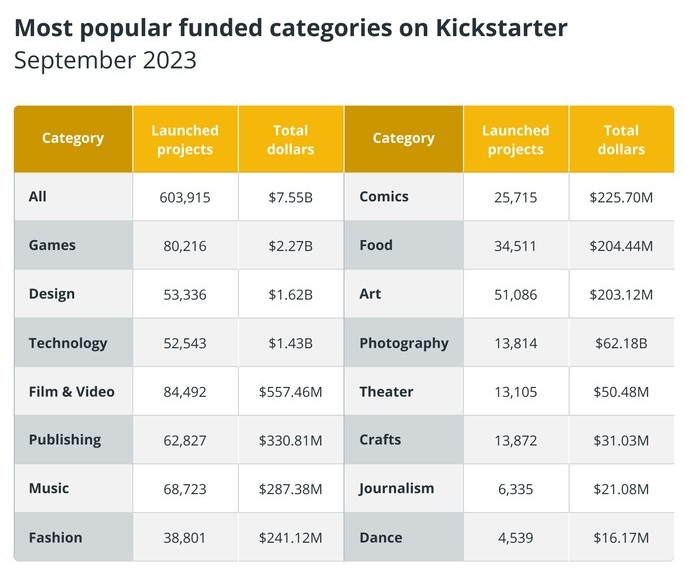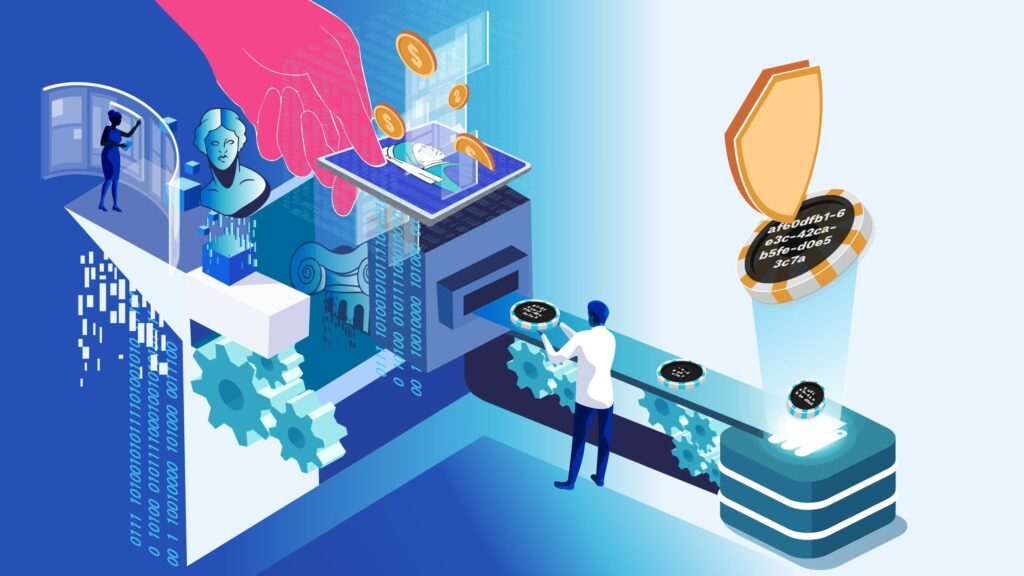Crowdfunding has been a popular option for game developers looking to launch projects — but as the market gets saturated, tokenization is becoming a compelling alternative.
Tokenization platform Brickken is holding a competition for indie developers — allowing them to raise capital, attract a new audience of engaged players and accelerate their projects.
For years, crowdfunding has been the go-to for game builders looking to make a splash and secure investment for their big idea, and it continues to enjoy significant demand within the game industry.
Statistics from Kickstarter reveal that gaming is still the most popular category for crowdfunding campaigns. A total of 80,163 projects have launched after securing $2.27 billion in investment.

But gaining traction and achieving milestones has gotten more complicated as the market reaches saturation — with even the most promising titles struggling to stand head and shoulders above the competition.
Benefits of Asset Tokenization for the Gaming Industry
Here are some of the potential benefits of asset tokenization for the gaming industry:
Enhanced Player Ownership:
- Increased Player Engagement: When players own their in-game items, they are more likely to be engaged in the game. This is because they have a financial incentive to play the game and to earn more items. For example, if a player owns a rare item, they may be more likely to play the game to try to earn more items that they can sell for a profit.
- Increased Player motivation: It is certain that when players can earn through selling their in-game items for real money, they are more likely to be motivated to play the game. They can buy other games, items, or services with the money. For example, if a player is trying to save up for a new game, they may be more motivated to play a game that allows them to earn in-game items that they can sell for real money.
- Increased Player Retention: When players know that they can take their in-game items with them to other games, they are more likely to stay engaged with the game. It is because they do not have to start from scratch every time, they start a new game. For example, if a player has a rare item in one game, they will want to take it to the other similar game. Players are more likely to continue playing that game so that they can use the item in other games.
New Monetization Opportunities:
- Selling In-game Items as Tokens: Game developers can sell in-game items as tokens, which can be traded on decentralized exchanges. It can create new revenue streams for game developers and can help them to make their games more sustainable. For example, a game developer could sell a rare item as a token. Players could then buy and sell the token on a decentralized exchange.
- Charging The Players, A Fee to Rent or Lease Items: Game developers could charge players a fee to rent or lease in-game items. It could be a way for players to try out items before they buy them. For example, a game developer could charge players a fee to rent a rare item for a certain period of time.
Increased transparency and security:
- All Transactions Are Recorded on A Public Ledger: All transactions involving asset tokens are recorded on a public ledger, which is the blockchain. It makes it possible to track all transactions and to prevent fraud. For example, if a player buys an in-game item from another player, the transaction would be recorded on the blockchain. This would make it difficult for the player to cheat or to steal the item.
- Players Are Protected from Fraud: Asset tokenization can help to protect players from fraud. This is because all transactions are recorded on a public ledger, which makes it difficult for fraudsters to operate. For example, if a player tries to sell a fake in-game item, the transaction would not be recorded on the blockchain. This would make it difficult for the fraudster to sell the item.
Improved Interoperability:
- Players Can Take Their In-Game Items with Them to Other Games: Asset tokenization can make it possible for players to take their in-game items with them to other games. This could create a more immersive and engaging gaming experience. For example, a player could earn a rare item in one game and then use the item in another game.
- Players Can Use Their Items in Different Ways: Asset tokenization can make it possible for players to use their in-game items in different ways. This could create a more versatile and flexible gaming experience. For example, a player could use a rare item as a weapon in one game and then use the item as a tool in another game.
Some Real-world Examples of Asset Tokenization in the Gaming Industry
The popularity of asset tokenization has given rise to asset tokenization platform development companies and there are cutting-edge solutions that are transforming the industry. Here are some specific examples of how asset tokenization is being used in the gaming industry today:
Axie Infinity
Axie Infinity is a blockchain-based game that allows players to collect, breed, and battle digital pets called Axies. Axies are represented as NFTs, which means that players own them outright. This gives players the ability to sell, trade, or rent their Axies to other players.
In Axie Infinity, players can earn Smooth Love Potion (SLP) tokens by battling other players or completing quests. SLP tokens can be used to breed new Axies, upgrade existing Axies, or purchase items in the game’s marketplace.
Gods Unchained
Gods Unchained is a blockchain-based trading card game. It allows players to collect, trade, and battle digital cards. Cards in Gods Unchained are also represented as NFTs, which gives players the same ownership rights as Axies in Axie Infinity.
In Gods Unchained, players can earn Flux tokens by winning matches or completing quests. Flux tokens can be used to upgrade cards, purchase new cards, or enter tournaments.
Gods Unchained is still in its early stages, but it has already attracted a large number of players. At Discord, the game has over 100,000 members, and its subreddit has over 20,000 subscribers.
The Sandbox
The Sandbox is a blockchain-based game that allows players to create, build, and monetize their own experiences. It allows players to use NFTs to represent in-game items, like land, buildings, and characters. It allows players to own their creations and sell them to other players.
Players can also earn SAND tokens by participating in the game’s economy. SAND tokens can be used to purchase land, items, and services in the game.
These are just a few examples of how asset tokenization is being used in the gaming industry today. As the technology continues to develop, we can expect to see even more innovative and exciting ways to use asset tokenization in gaming.
There is no doubt that asset tokenization is revolutionizing the gaming industry and in the coming time, it’s going to transform it even more. In the future, we can expect remarkable changes in how we play and invest in the gaming world.






